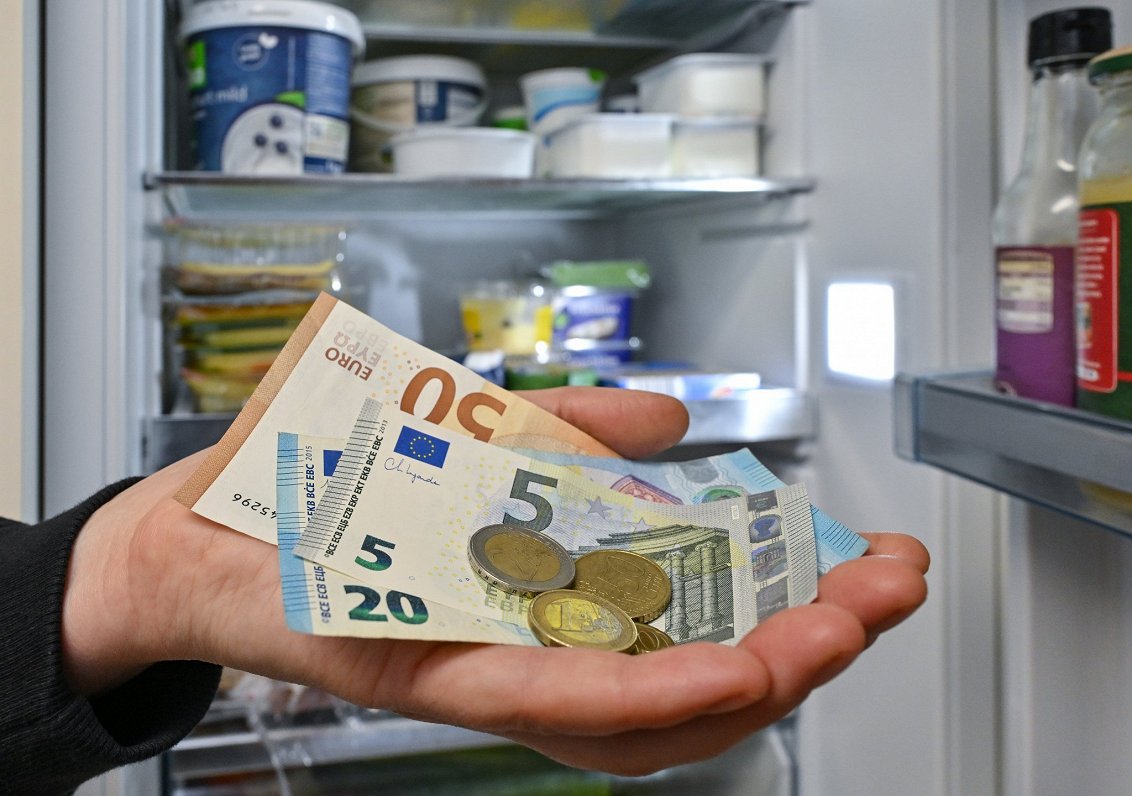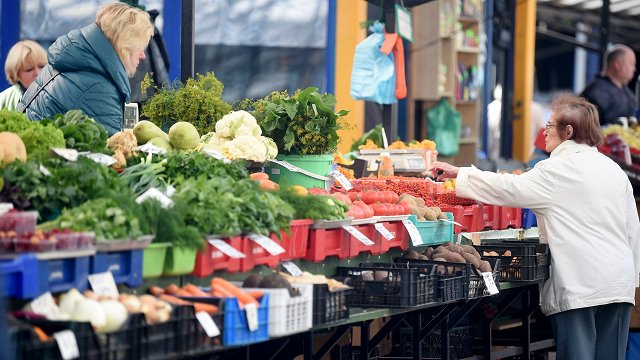Bank Citadele economist Mārtiņš Āboliņš noted that inflation in Latvia remained close to 1% for the sixth month in a row and is currently one of the lowest in the EU.
Consumer prices in Latvia were 1.1% higher in April than a year earlier, according to information published by the Central Statistical Bureau. Consumer prices in Latvia rose by 0.5% in April compared to March, while prices in Latvia have risen by 2.7% since the beginning of the year.
Although inflation in Latvia is currently low, seasonal factors led to rising food and clothing prices in April, while prices for services continued to increase. For example, prices of services in Latvia rose by 0.6% in April and consumer prices in Latvia were 5.5% higher than in April last year, a signal that inflationary processes in Latvia have not come to an end.
The annual inflation rate in Latvia is currently one of the lowest in the EU, but this is still mainly due to the fall in energy prices compared to the previous heating season.
For example, heating prices in April were 17.7% lower than a year ago and, at current natural gas prices, have the potential to fall in the coming heating season.
Bank of Latvia economist Ieva Opmane said: in Latvia the prices of services are still rising relatively fast, especially for labor-intensive services.
"Workers are a valuable and increasingly expensive resource, which is also reflected in the price dynamics of these services. However, the growth in prices of services where the contribution of other inputs, including food and energy, to the final cost is significant has moderated", the economist assessed.
The exception is transport-related services, which saw a significant increase in April, due to the revision of public transport fares.
Although demand for some services tends to be elastic, overall the still strong increase in service prices suggests that this demand is not currently weakening significantly, Opmane said.
The Citadele Bank economist noted that although natural resource prices have fallen globally over the past two years, consumer prices, excluding heating and electricity prices, have generally not fallen in Latvia. For example, global food prices have fallen by around 25% since mid-2022, natural gas prices in Europe by almost 90%, but food prices in Latvia reached a historic high in April, 0.3% higher than a year ago.
"The main reason seems to be that the reduction in energy prices has allowed other cost items along the entire production, supply and marketing chain to increase. For example, wages continue to rise even though the economy has not grown in the last two years and inflation is generally easing," said Āboliņš.
According to the economist, the biggest risk to inflation at the moment remains the rapid growth of wages in Latvia, the euro area and elsewhere in the world. Although wage growth has slowed recently, it is still quite strong.
"Wages need to rise, of course, but wage growth should come at the expense of improvements in the efficiency of the economy, not at the expense of price increases," the Bank's economist said.




























